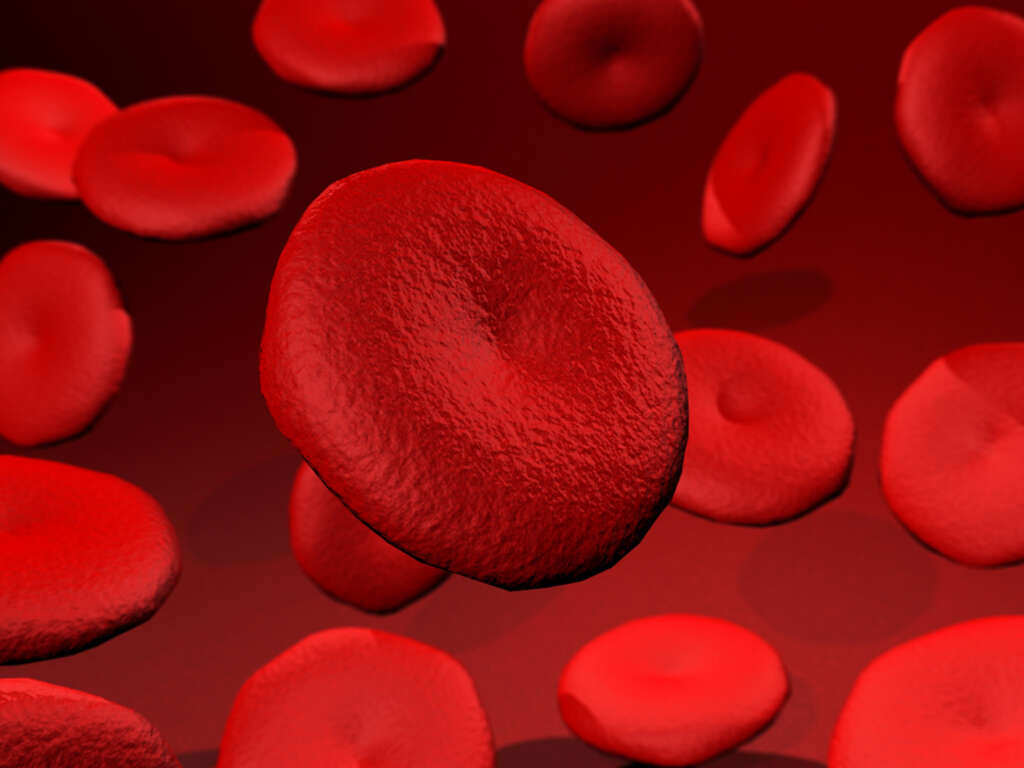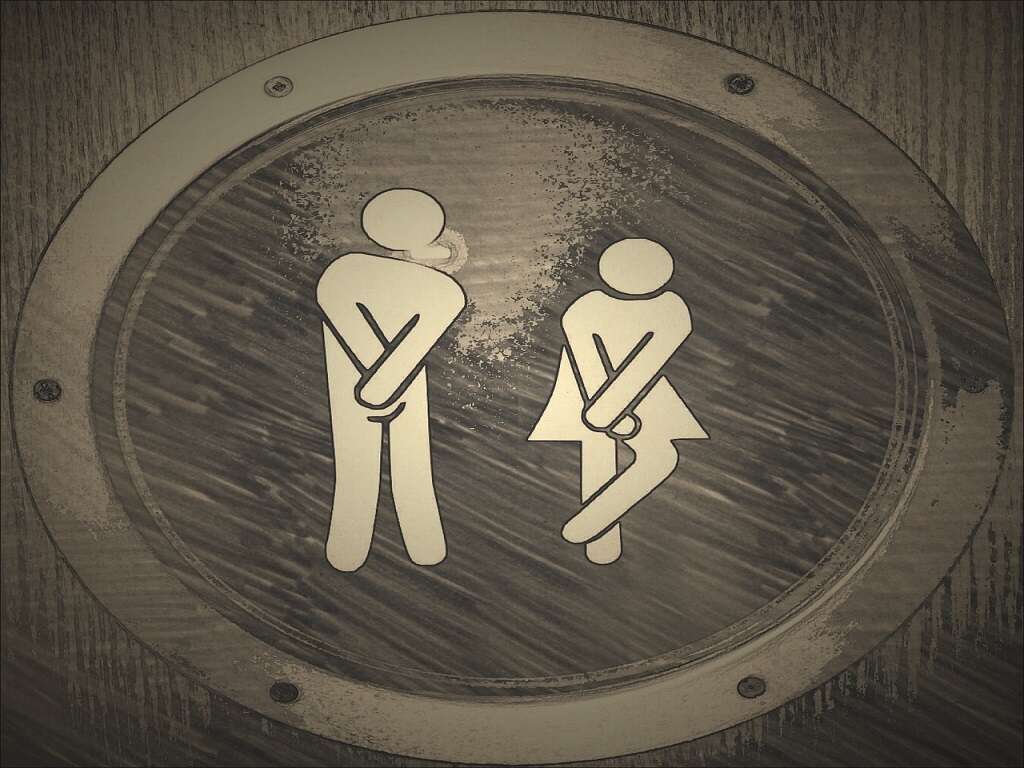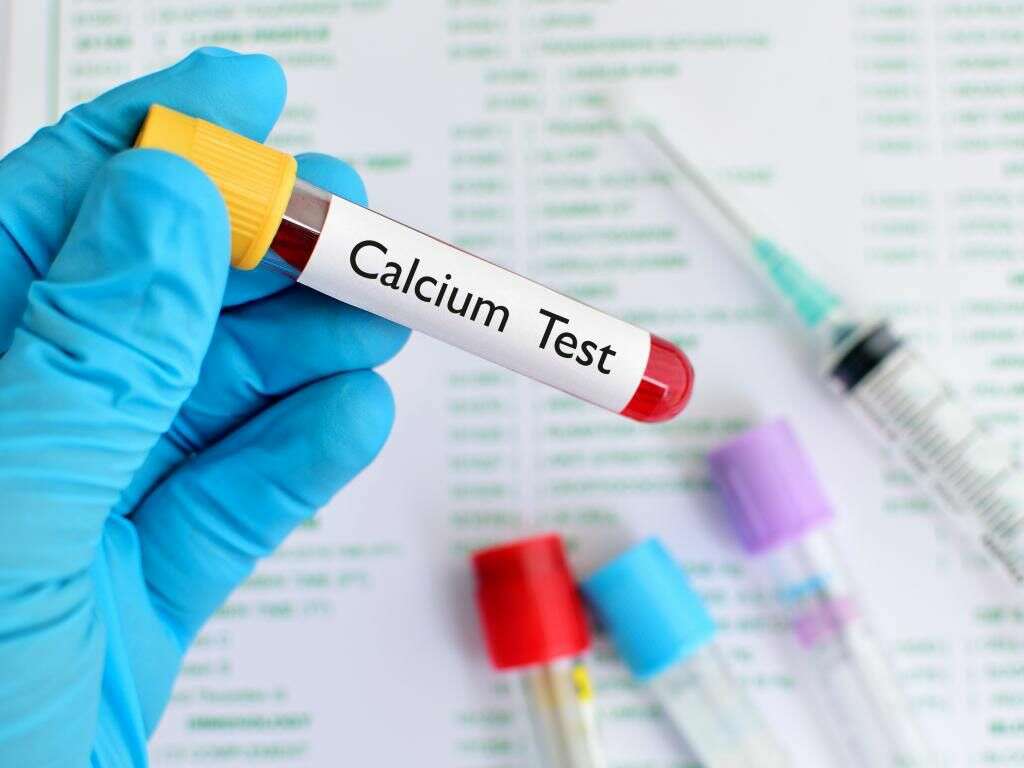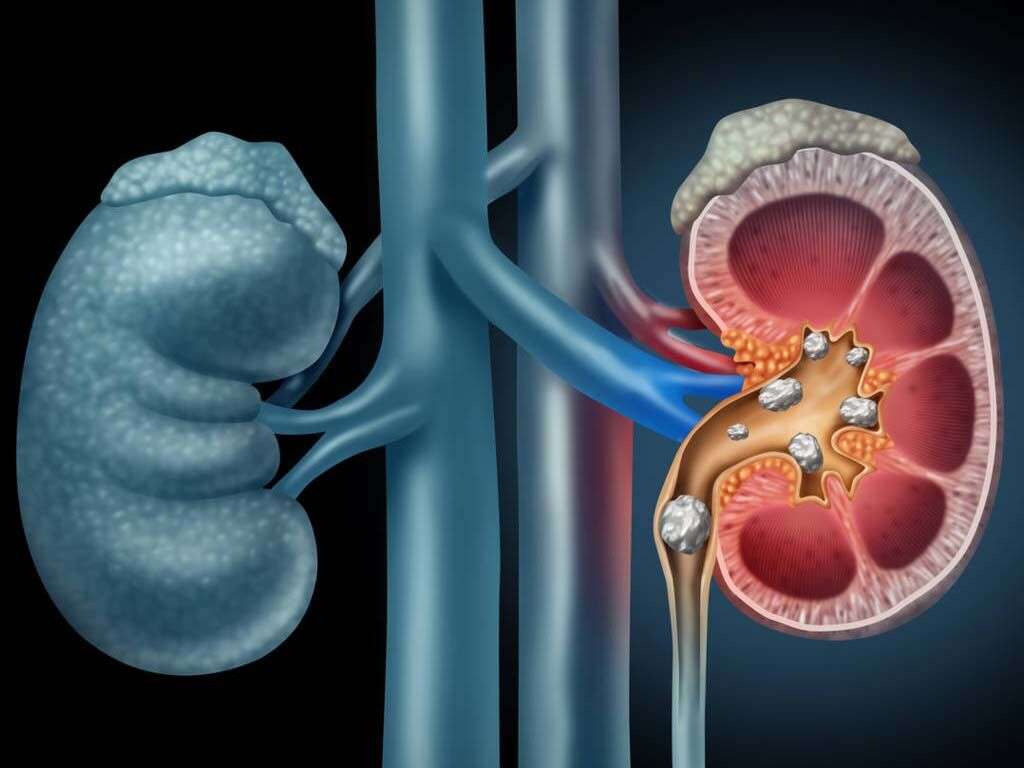10 Causes of Kidney Stones
Kidney stones form when minerals or acids crystallize and stick together, forming a mass within the kidneys or another part of the urinary system. There are several different types of kidney stones depending on how they are formed and the materials that constitute them. Common types of kidney stones include calcium stones, uric acid stones, struvite stones, and cystine stones.
Small kidney stones usually show no symptoms as they form. In fact, a person may excrete them in urine without being aware of it. However, when kidney stones are large enough, they can cause extreme pain comparable to childbirth and appendicitis. People are more likely to develop kidney stones if someone in their family has had them. In total, kidney stones affect one-tenth of the population at some point in life.
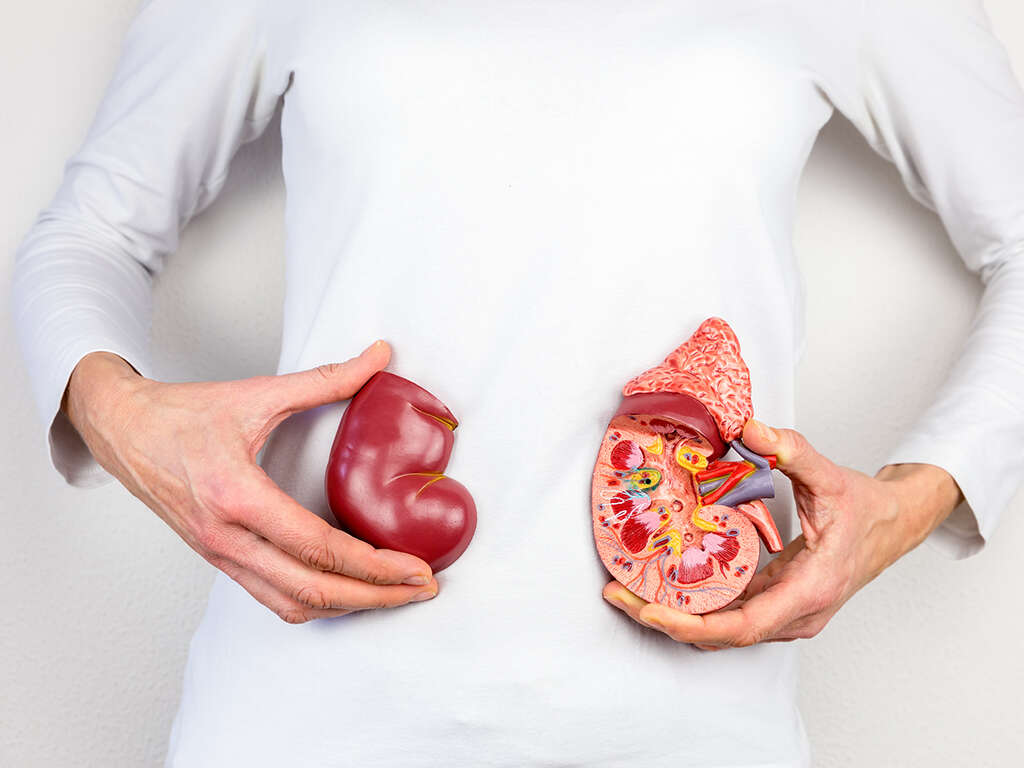
Cause #1: Poor Hydration
Poor hydration is one of the commonest causes of kidney stones. The crystallization process that forms kidney stones is more likely to occur if the body suffers from chronic low hydration. Poor hydration can be the result of inadequate water intake or excessive sweating during physical activity.
Drinking at least eight glasses of water per day can keep the body hydrated and thus reduce the risk of developing kidney stones. If a person sweats too much for any reason, exercises intensely, or carries out physical activity over long periods of time, he or she should make an effort to sip water throughout the day.

Cause #2: Foods High in Oxalates
While leafy green vegetables have their benefits, consuming them obsessively is a possible cause of kidney stones. Foods like spinach, rhubarb, and beets contain high amounts of oxalates, which are the compounds that combine with calcium to form a majority of kidney stones.
When foods high in oxalates are eaten in moderate quantities, the oxalates are excreted in urine. However, when someone regularly consumes large quantities of foods high in oxalates, the amount of oxalates becomes too high for excretion. Therefore, the oxalates combine with calcium to form calcium stones. For this reason, avoid going overboard while eating foods high in oxalates. (There are also leafy greens that are low in oxalates, such as kale.)
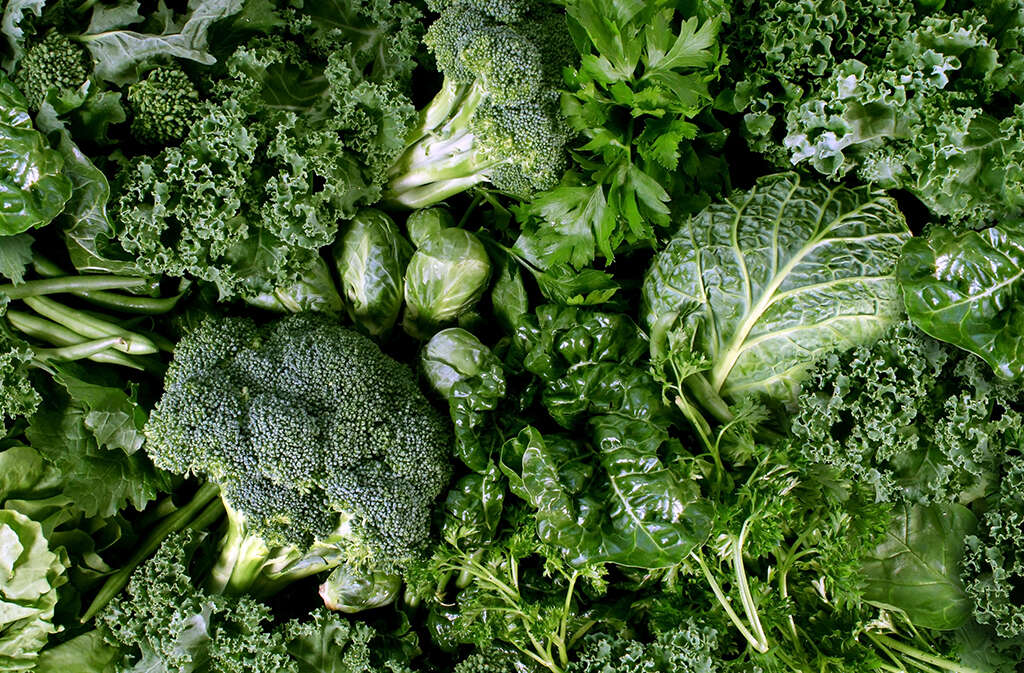
Cause #3: Excessive Salt Intake
Excessive salt intake is another possible cause of kidney stones. High sodium leads to increased calcium levels and depleted citrate levels in urine. (Citrate is known to inhibit stone formation.) Both these factors increase the risk of kidney stone formation.
Studies show that reducing salt intake to no more than 1,200 mg per day, along with limiting protein intake, cuts down recurrent kidney stone formation by half among people who suffer from chronic kidney stones. According to the study, reducing salt intake has significantly better results than reducing calcium intake.
The FDA recommends that the general population eat no more than 2,300 mg of table salt per day. Furthermore, those with high blood pressure and who are middle-aged or older should limit their intake to no more than 1,500 mg daily.
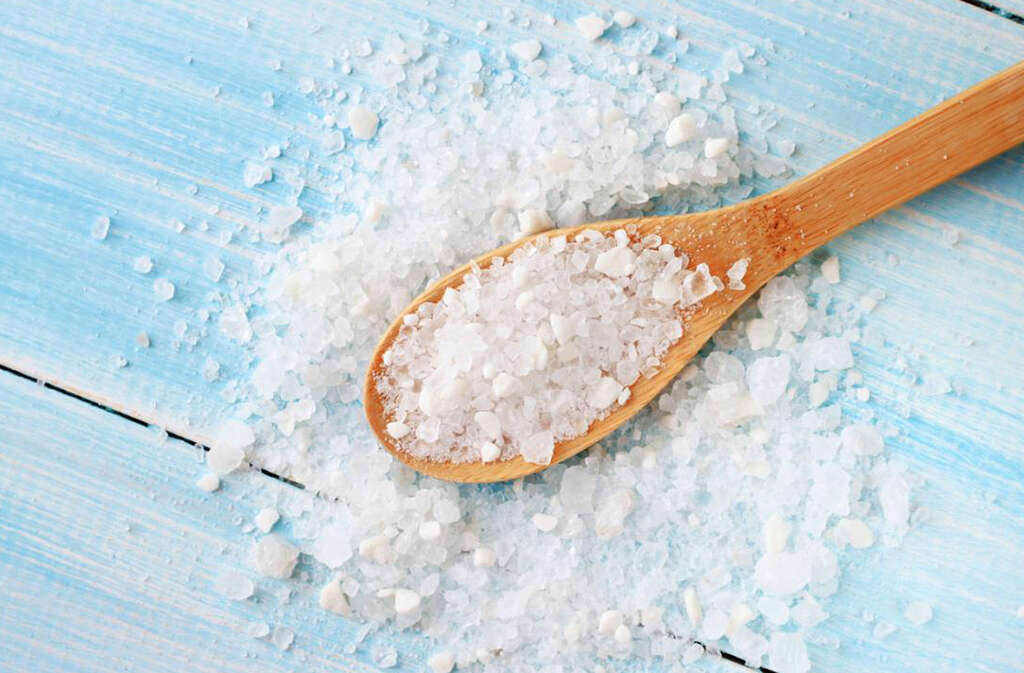
Cause #4: Animal Protein
Animal protein, such as beef and shellfish, can lead to high urine acidity. The digestion of animal protein produces uric acid, which is known to cause gout. Uric acid may also collect in the kidneys and cause kidney stones. Animal protein can also increase calcium levels in urine as well as reduce the amount of citrate in the body. Both these factors increase the risk of kidney stone formation.
This does not mean that you should avoid animal protein altogether. On the contrary, consuming animal protein in moderate amounts, as well as monitoring other known dietary causes of kidney stones, reduces the risk significantly.
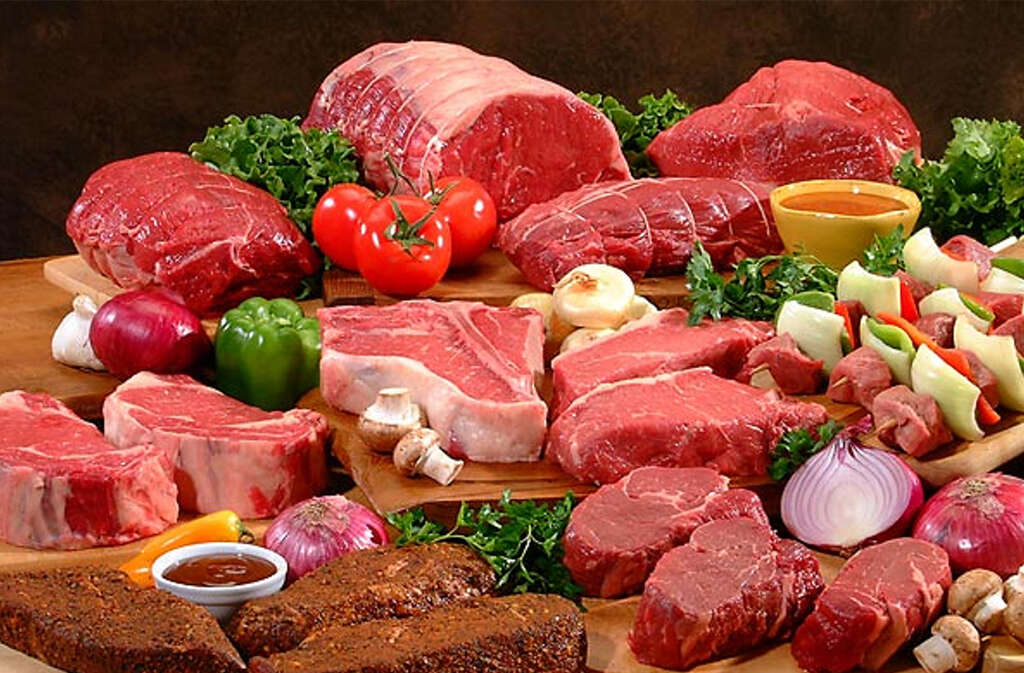
Cause #5: Low Calcium Intake
While excess calcium can combine with oxalates to form calcium stones, low calcium intake can also lead to the development of kidney stones. Calcium readily binds to oxalates, which works positively when there is the right amount of calcium in the diet.
Dietary calcium combines with oxalates within the small intestine so that the oxalates are excreted in the stool instead of absorbed into the bloodstream. However, when calcium intake is inadequate, the oxalates are absorbed into the bloodstream. Once they get to the kidneys, they combine with the available calcium to form calcium stones.

Cause #6: Gut Problems
Some gut problems are possible causes of kidney stones. Inflammatory bowel diseases, such as ulcerative colitis and Crohn’s disease, can cause diarrhea, which results in severe fluid loss. Fluid loss reduces the amount of water available for urine production.
Low hydration also leads to a high concentration of minerals and acids in the body, specifically in the kidneys and the urinary tract. High amounts of minerals and acids in the urinary system, plus the subsequent low urine volume, increase the risk of kidney stones.

Cause #7: Obesity
Obesity, which is defined as a body mass index (BMI) greater than 30, has been linked to the development of kidney stones. In addition, being overweight or obese poses many other health problems, including type 2 diabetes, high blood pressure, and heart disease.
According to some studies, obesity leads to insulin resistance, which reduces the urinary excretion of ammonium compounds from the body. This increases urine acidity and leads to the accumulation of uric acid in the kidneys and the urinary tract. Increased levels of uric acid in the urinary system can cause the formation of uric acid stones [^2].

Cause #8: Excessive Sugar Intake
Excessive sugar intake can lead to the formation of kidney stones. A lot of foods, especially processed foods, either contain sugar or are broken down into sugar. Therefore, when people eat foods like soda, french fries, bread, and cakes, the body ends up with a lot of sugar. High amounts of sugar interfere with the absorption of minerals, such as magnesium and calcium, which increases the risk of developing kidney stones.
Researchers link the rising number of young children with kidney stones to the increased consumption of sugary foods. Studies have also found that reducing sugar intake reduces the risk of recurrent kidney stones.

Cause #9: Medications
People taking medications like diuretics and high-calcium antacids have a higher risk of developing kidney stones. Diuretics reduce the amount of water in the body. This raises the concentration of minerals in the kidneys and the urinary tract, making kidney stones more likely. The long-term use of high-calcium antacids increases the amount of calcium in urine.
This increases the risk of developing calcium stones in the kidneys and the rest of the urinary system. Taking high amounts of vitamin A and vitamin D or medications such as indinavir, phenytoin, and antibiotics like ciprofloxacin and ceftriaxone may also increase the risk of getting kidney stones.
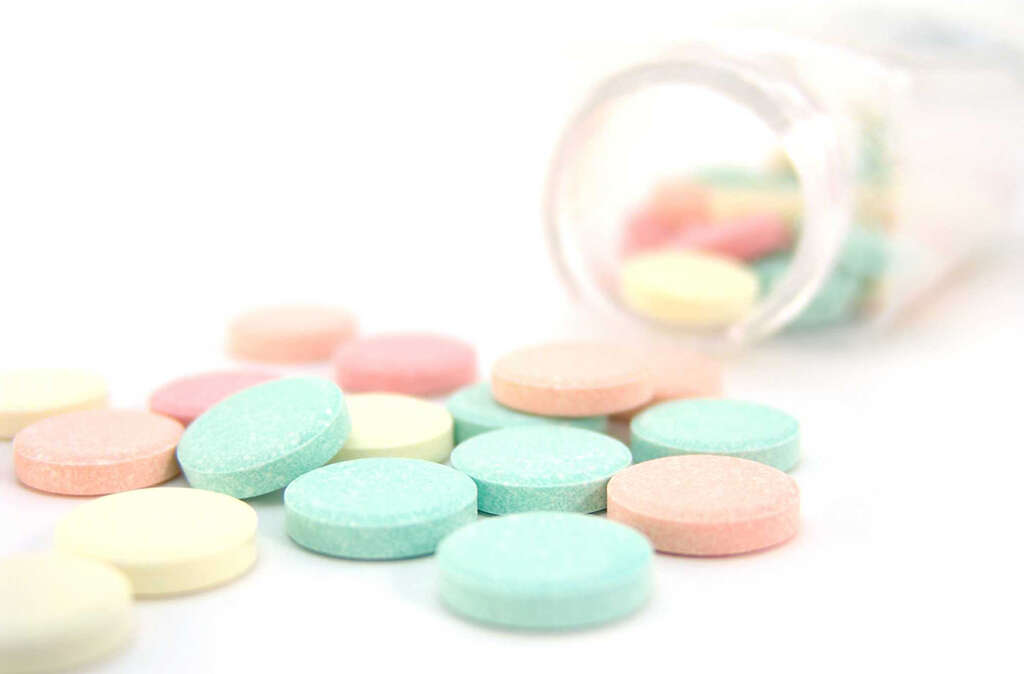
Cause #10: Heredity
People are more likely to get kidney stones if other members of their family have had them. Hypercalciuria, or chronically high levels of calcium in urine, is a cause of hereditary kidney stones. (In most cases, kidney stones are made of calcium.) The condition can be passed down from generation to generation and, therefore, is a predisposing factor for kidney stones.
Hereditary diseases that affect people’s ability to metabolize compounds like oxalate, uric acid, and the amino acid cysteine also increase the risk of kidney stones. Renal tubular acidosis is another hereditary condition in which kidney stones are more likely to occur.







